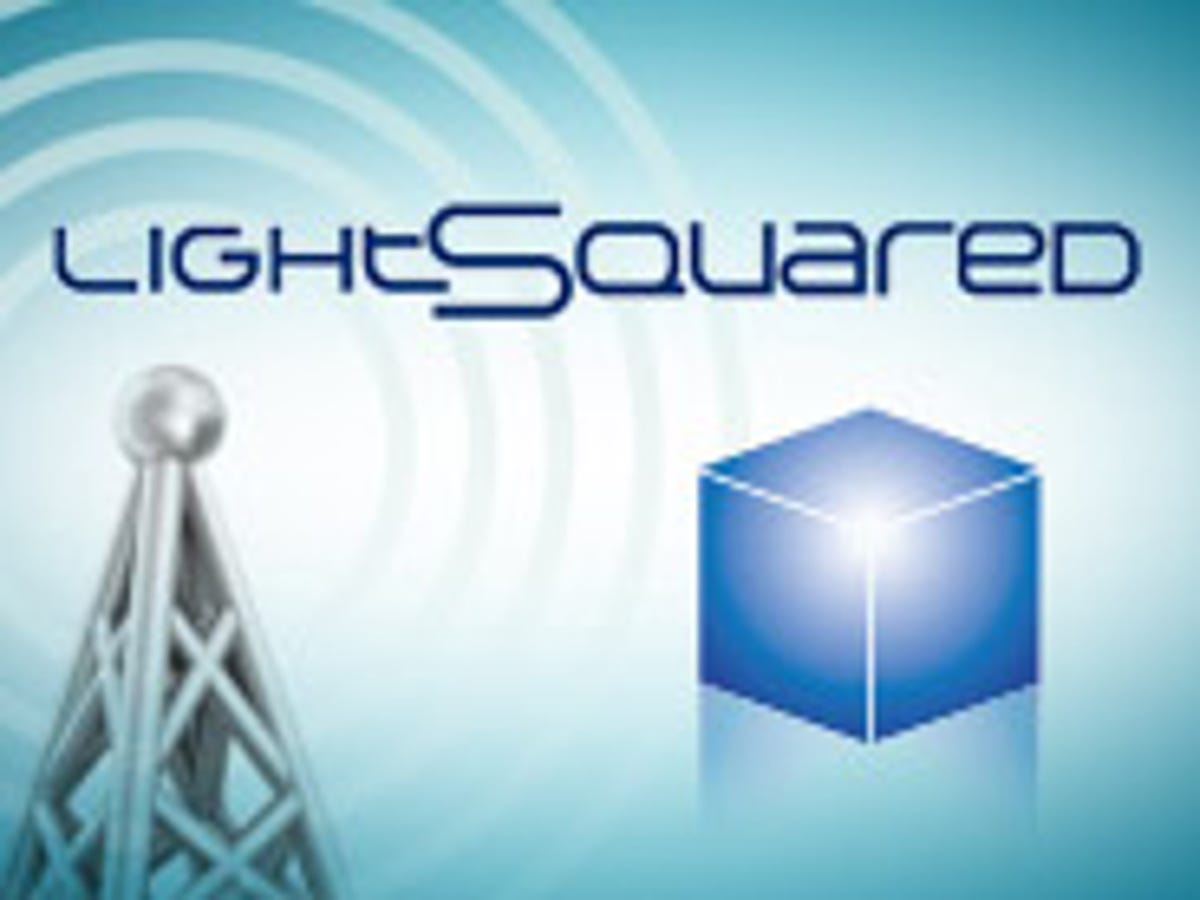Wireless broadband startup LightSquared says it has found a solution to its critics’ claims that the company’s network will interfere with high-precision GPS devices.

Jeff Carlisle, the company’s executive vice president of regulatory affairs and public policy, told reporters on a conference call on Wednesday that the company has partnered with a leading GPS manufacturer to develop a prototype device that will allow the GPS device to operate while co-existing with its wireless broadband network.
He didn’t name the company that helped LightSquared develop the technology, and he didn’t specify how the device works. But he said that that the fact that the companies were able to come up with a proof-of-concept solution in a relatively short period of time, shows that interference can be mitigated. And he said that the technology used in this proof-of-concept device could be adapted to other devices.
“We’ve solved this issue,” he said. “We showed that even without a lot of investment in time and resources, we were able to come up with a solution. This isn’t the CERN particle accelerator. We were able to put something together rather quickly and inexpensively.”
In recent months, LightSquared, which plans to build a nationwide 4G wireless network using a technology called LTE, or Long Term Evolution, has been dogged by criticism from the GPS industry, which claims that its network will interfere with GPS satellite services, such as navigation systems, military applications, and even aviation gear.
Earlier this summer, LightSquared proposed a solution that would alleviate most of the interference between its service and GPS services. Specifically, it plans to use spectrum furthest from the GPS band to avoid interference. But the GPS industry has still been concerned that this solution won’t solve the issue for high-precision GPS services that detect location within centimeters, something that is used in tools for surveying and engineering.
LightSquared’s announcement scheduled for next week, alleviates this issue, Carlisle said.
The Federal Communications Commission must offer its final approval for the use of the spectrum before LightSquared can offer commercial services over its network. The agency gave LightSquared a waiver earlier in the year to use spectrum that had previously been allocated for satellite services.
For months, the GPS industry has been lobbying Congress and the FCC to stop LightSquared’s plans until more testing of its service can be completed. Earlier this week, the FCC said it will require additional testing of LightSquared’s proposal.
FCC Chairman Julius Genachowski will be testifying tomorrow before a House committee on GPS and national security. Genachowski has stood by the FCC’s decision to grant the waiver to LightSquared. And he has stated that he believes a solution can be worked out to ensure that there are no interference issues.
The spectrum that LightSquared intends to use was authorized for terrestrial use several years ago. But LightSquared is the first company that plans to use the spectrum to build a wireless broadband network. And the FCC had previously mandated that GPS manufacturers install filters in their equipment to ensure that their signals did not pick up signals from adjacent spectrum and cause interference.
Carlisle said during the conference call with reporters that many in the GPS community ignored this mandate, causing the problem that exists today.
“The FCC’s waiver didn’t change the power levels,” he said. “They are the same as they were six years ago (when the rules for this spectrum were changed). They could have had this debate then. But they didn’t. And they never did what they were supposed to do, which was manufacture receivers then that would not interfere with the next band over.”
The FCC has been supportive of the LightSquared plan because it helps solve the so-called spectrum crisis. The FCC and the wireless industry say that more spectrum is needed over the next decade to keep up with growth with consumer demand for wireless broadband services. The agency has been identifying additional unused spectrum that can be auctioned off. But it sees LightSquared’s approach of using satellite spectrum as a part of the overall solution as well.
Additionally, LightSquared would offer competition to big wireless operators AT&T and Verizon Wireless. LightSquared’s business model is to sell wireless capacity to other service providers or retailers who want to offer wireless broadband service to customers. It has already signed deals with companies such as Best Buy and Sprint Nextel.



